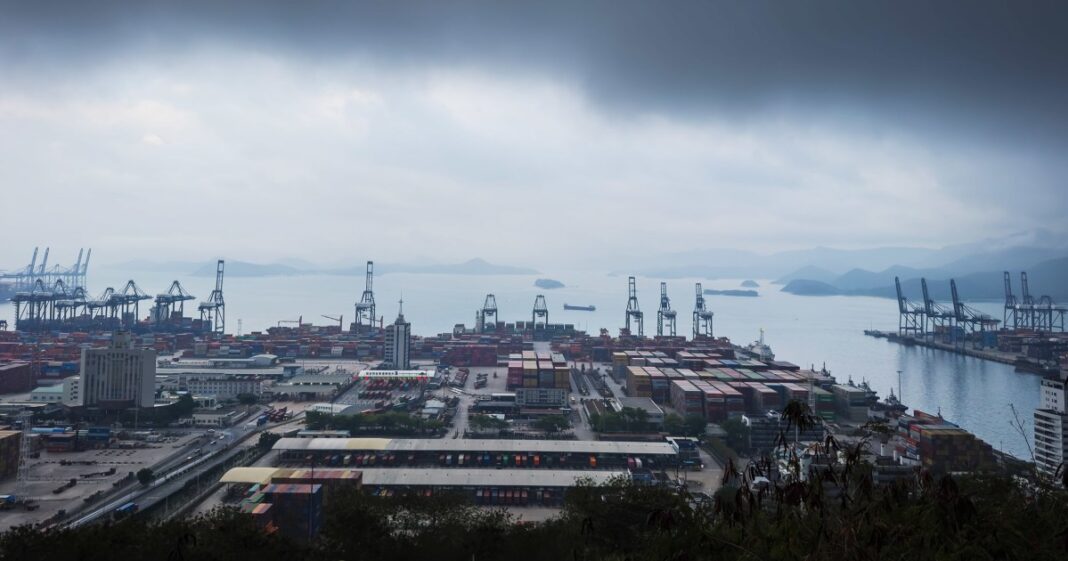## Trade War Tango: Trump Claims Tariff Talks with China, Beijing Denies
The world waits with bated breath, hoping for a cool-down in the simmering trade war between the U.S. and China. But is a thaw on the horizon? President Trump declared that “active discussions” were underway regarding tariffs, injecting a dose of optimism into the volatile situation. However, Beijing swiftly shot down his claims, calling them “false.”
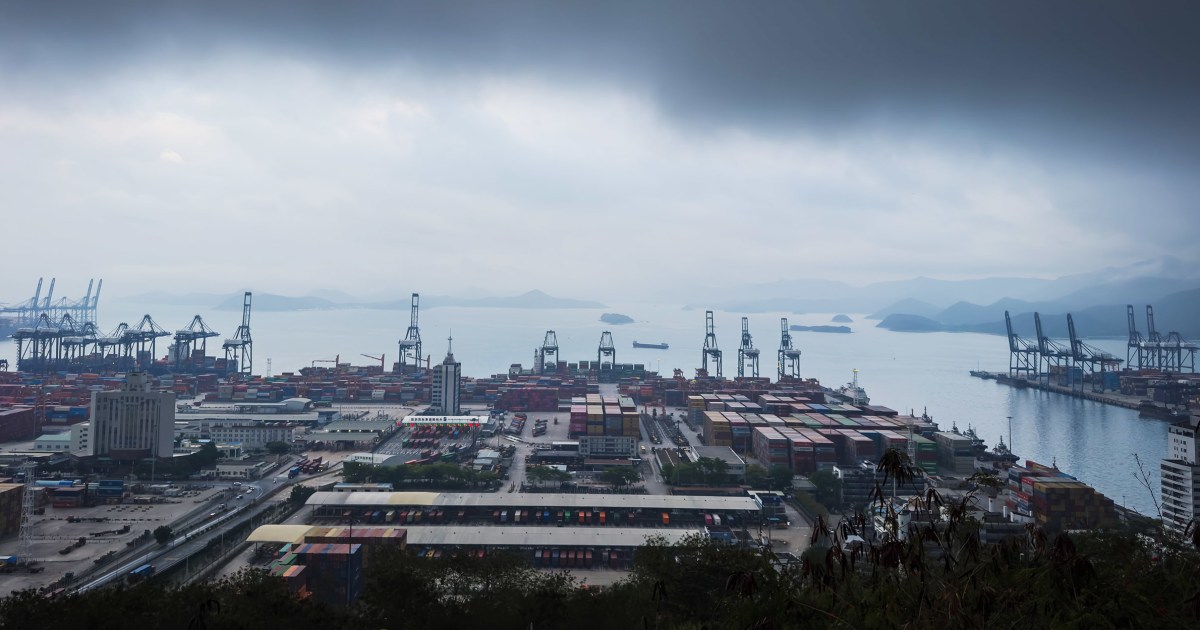
Beijing’s Rebuttal
Contradicting Trump’s Claims
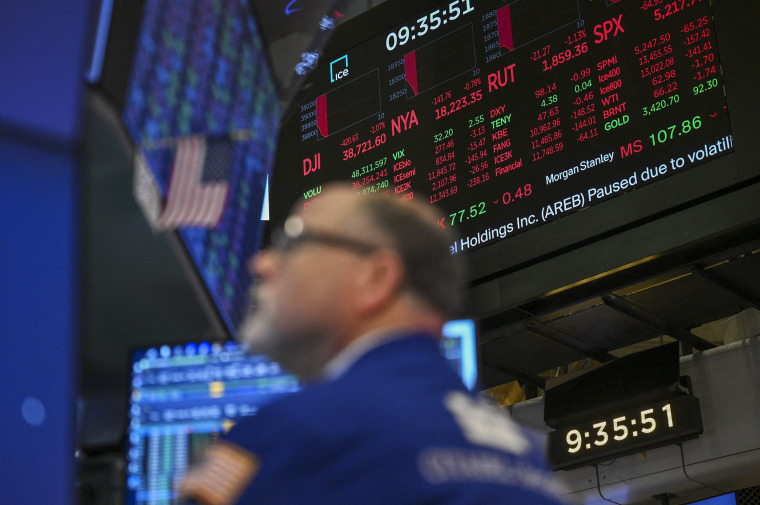
China has firmly rejected President Trump’s assertions that the two countries are actively engaged in discussions regarding tariffs. In a statement released by the Chinese foreign ministry, spokesperson Guo Jiakun categorically stated that “China and the U.S. have not engaged in any consultations or negotiations regarding tariffs, let alone reached an agreement.” This direct refutation underscores China’s unwavering stance against yielding to pressure and its demand for an equal footing in any trade negotiations.
This response comes amidst heightened tensions following Trump’s recent escalation of tariffs on Chinese goods. While Trump claimed the U.S. and China are “actively” talking and that “everybody wants to be a part of what we’re doing,” Beijing’s position remains steadfast. China’s refusal to engage in talks on the President’s terms signifies their determination to defend their economic interests and resist what they perceive as American economic coercion.
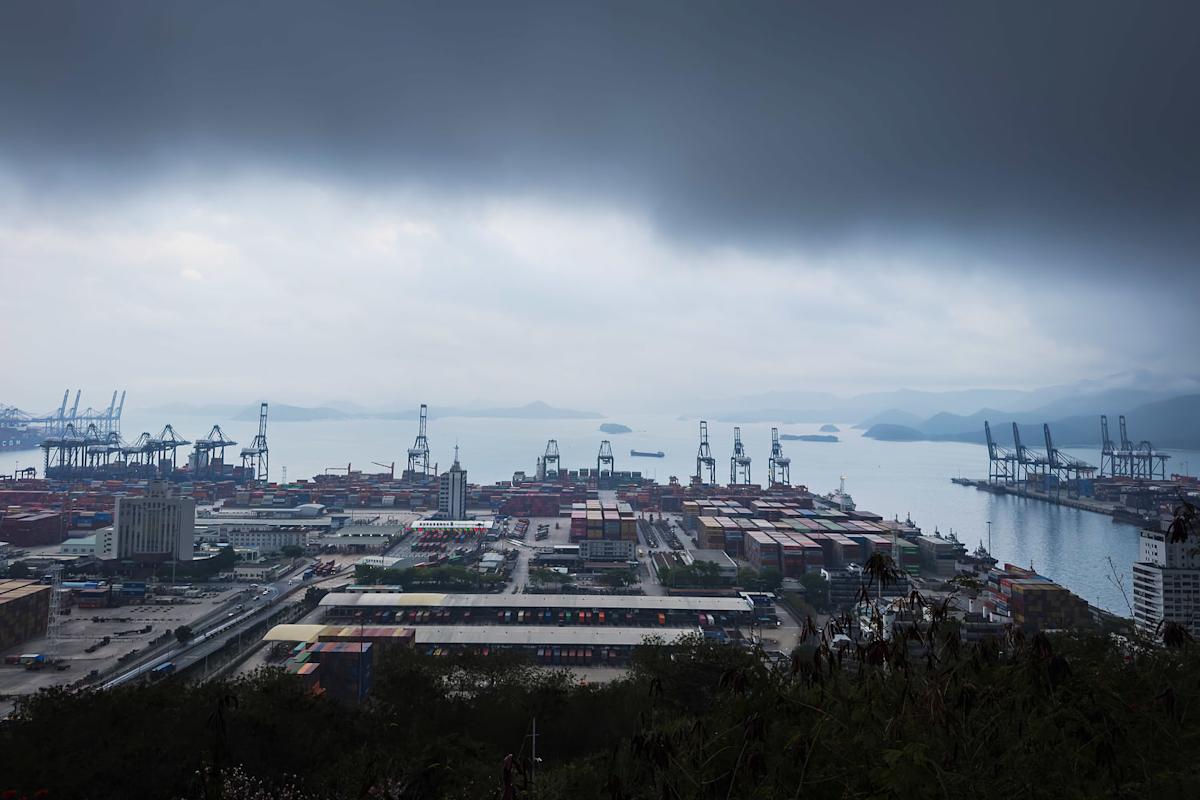
The “Fight to the End” Mentality
China’s Hardline Stance
The Chinese foreign ministry’s statement goes beyond a simple denial. The spokesperson, Guo Jiakun, added that while China is open to negotiations, “if it’s a fight, we will fight to the end.” This combative rhetoric signals a willingness on China’s part to engage in a prolonged trade war, escalating the tensions and potentially jeopardizing a fragile global economic recovery.
This hardline stance reflects China’s growing confidence in its economic resilience and its determination to not be bullied by the U.S. China’s economy has demonstrated significant growth in recent years, and Beijing is increasingly willing to challenge the existing global economic order.
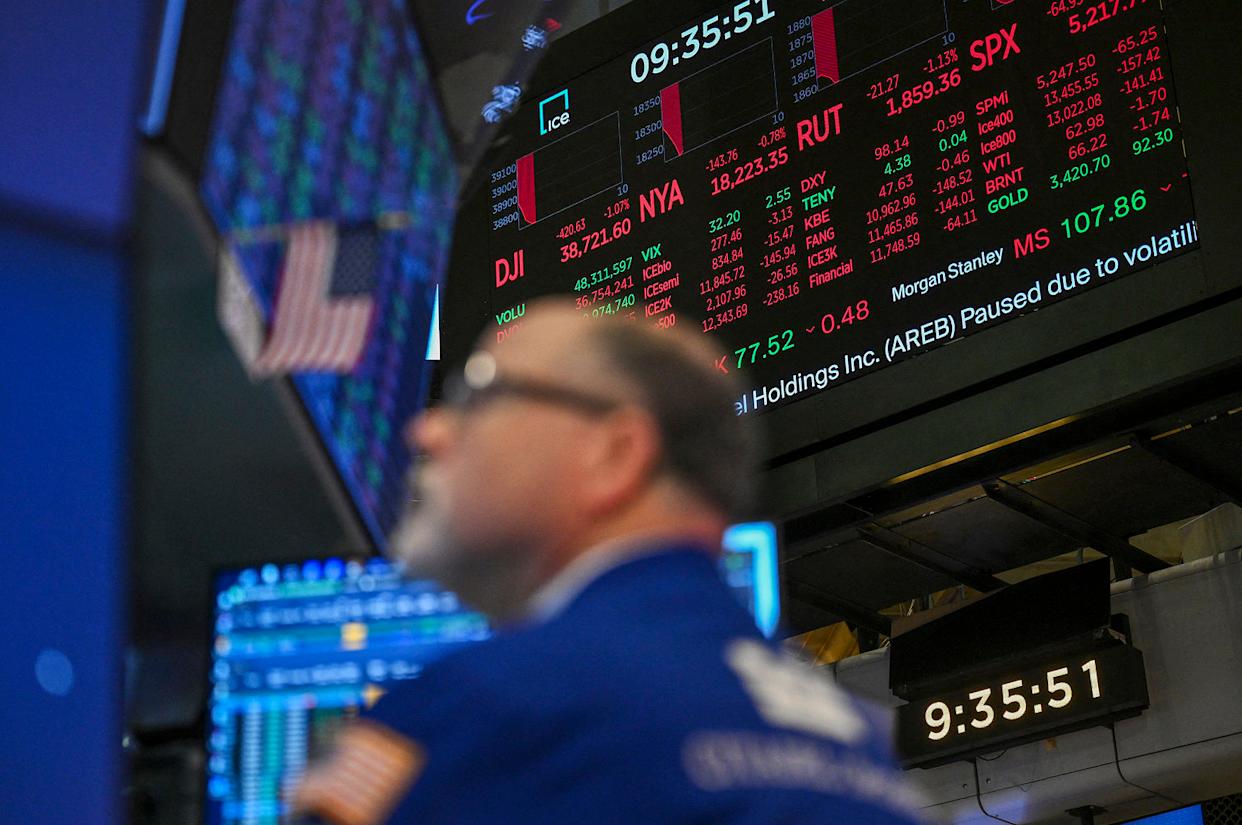
Economic Fallout: A Global Concern
Heightened Global Anxiety
The escalating trade war between the U.S. and China is fueling growing global economic anxiety. This week, the International Monetary Fund (IMF) slashed its global growth forecast, citing the negative impact of the trade war. The IMF now predicts global growth will slow to 3.2% in 2023, down from its previous forecast of 3.4%. This downward revision highlights the real and growing risks posed by the trade war to the global economy.
Beyond the IMF’s revised forecasts, tangible signs of the trade war’s impact are emerging. Major shipping companies are reporting canceled shipments from China, fearing further disruptions and increased costs. This suggests that the trade war is already impacting supply chains and contributing to higher prices for consumers worldwide.
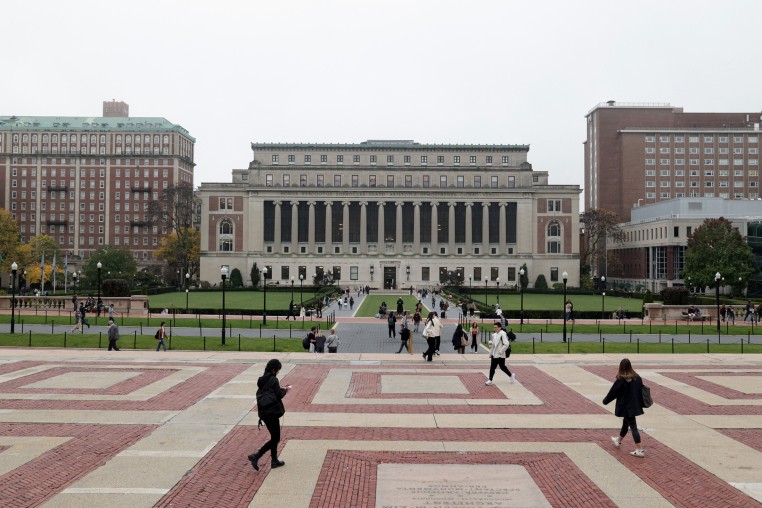
The Stakes Are High: Analyzing the Implications
Impact on Businesses and Consumers
The ongoing trade war, characterized by high tariffs and uncertainty, is having a detrimental impact on both U.S. and Chinese businesses. Tariffs increase the cost of imported goods, which can lead to higher prices for consumers. Businesses also face disruptions in supply chains as trade flows are disrupted. This creates uncertainty for businesses, making it difficult to plan for the future.
According to a recent study by the Peterson Institute for International Economics, the trade war has already cost the U.S. economy over $100 billion and will continue to have a negative impact if it persists.

Global Economic Outlook
The trade war’s impact extends far beyond the U.S. and China, threatening global economic stability and growth. As the world’s two largest economies, their trade tensions reverberate throughout the global economy. Countries that rely on exports to the U.S. and China are particularly vulnerable to the negative effects of the trade war.
The IMF’s revised global growth forecast reflects the growing concern that the trade war could trigger a global recession. If the trade war escalates further, it could have a devastating impact on the global economy.

Political Maneuvering
The trade war unfolds against the backdrop of domestic political considerations in both the U.S. and China. In the U.S., President Trump has made the trade war a central issue of his presidency, positioning himself as a champion of American workers against unfair foreign competition. China, on the other hand, sees the trade war as a challenge to its economic rise and is determined to defend its interests.
These domestic political pressures make it difficult to find a diplomatic solution to the trade war. Both sides are under pressure to take a tough stance, even if it means further economic damage.
Conclusion
The recent volley between Washington and Beijing regarding ongoing tariff negotiations has once again illuminated the fragile nature of the U.S.-China economic relationship. While Trump asserted that “active” discussions were underway, China swiftly refuted his claims, underscoring the deep chasm that continues to divide the two nations on this critical issue. This stark disagreement highlights the inherent complexities of navigating trade relations between the world’s two largest economies, where diverging interests and political agendas often clash.
The implications of this disagreement are far-reaching. For businesses operating within this volatile landscape, uncertainty reigns, hindering investment and planning. Global markets, sensitive to any shift in the Sino-American dynamic, could experience further volatility, impacting consumer confidence and economic stability. Furthermore, this back-and-forth underscores the potential for escalating tensions, with tariffs serving as a potent tool in the geopolitical arsenal.

